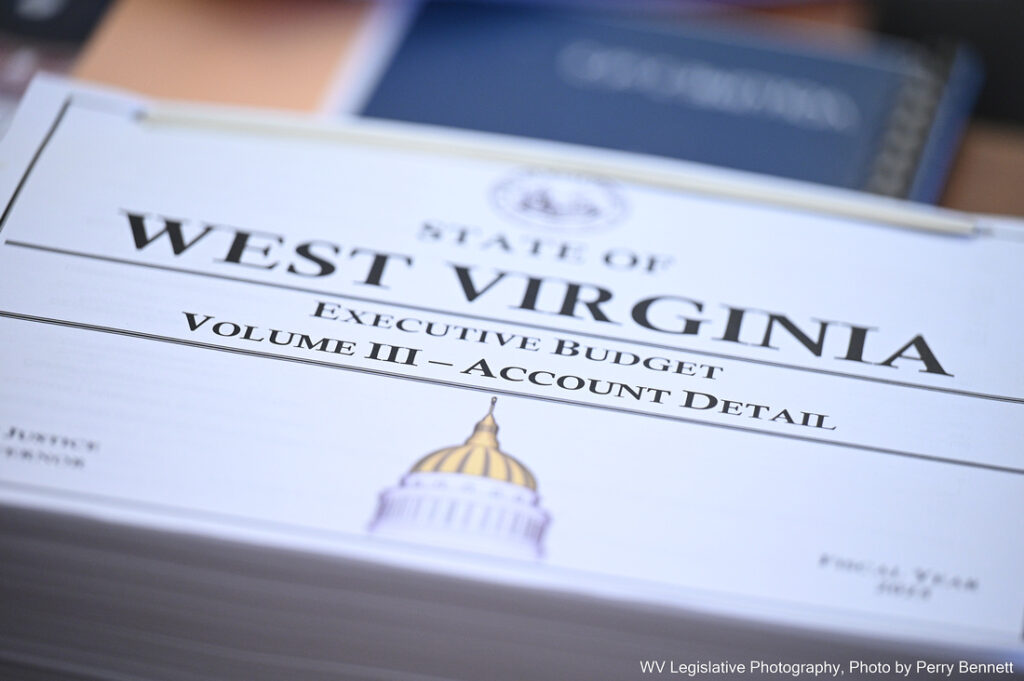The state’s revenue collections for July narrowly surpassed monthly estimates, as well as the total collections by this time last year.
West Virginia took in more than $335 million last month, exceeding estimates from the West Virginia State Budget Office by less than 1 percent. The State Budget Office is a staff agency for the governor that oversees budget and revenue information.
The state also collected slightly more money last month than it did the July prior. In July 2024, West Virginia’s state revenue was less than 1 percent higher than it was in July 2023.
July marks the first month of a new fiscal year for the state. A 4 percent cut to personal income taxes will be implemented at the start of the new calendar year, and additional tax cuts will likely be considered by state lawmakers.
If the state revenue follows trends from the most recent fiscal year, these reductions likely mean the state will take in less money this year than last. After sweeping tax cuts in 2023, the state collected 12 percent less revenue last fiscal year than the fiscal year prior.
Gov. Jim Justice has touted the tax cuts as a way to empower consumers in West Virginia, and to attract new residents and businesses. He also voiced aims to cut income tax further, with an ultimate goal of “getting rid” of the state’s personal income tax altogether.
“It’s the people’s money,” Justice said in a virtual press briefing in late May. “It’s not our money.”
Likewise, Justice has made reducing government spending a focal point of his tenure. During this year’s legislative session, the governor advocated for a flat budget, meaning one that does not increase year by year even if inflation or operating costs rise.
Justice’s financial decision-making has not been met without opposition. Some residents and state lawmakers have expressed concern that less money for the government means less funding for state services, like Medicaid and public education.
To secure further tax cuts during the months that remain of his tenure as governor, Justice would have to convince state legislators to pass additional reductions during a special legislative session.
He has expressed an intention to call lawmakers back to the state capitol to discuss further cuts by September, but a date for any such session is yet to be finalized.




















